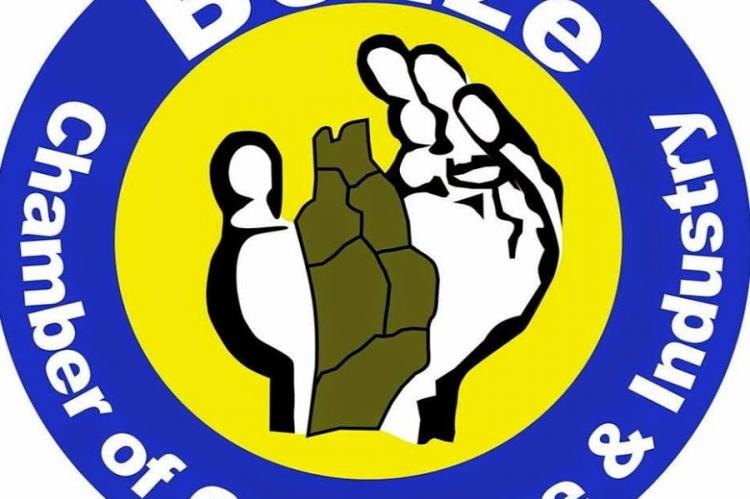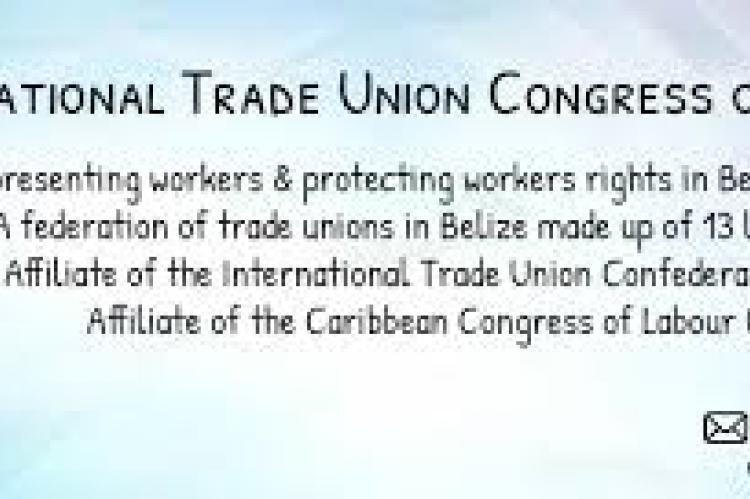The Call for Transparency: Social Partners Demand Accountability from the Government
By Omar Silva
Editor: National Perspective Bz DIGITAL 2024
Belize City: 27th September 2024
The persistent call for transparency in Belize’s government dealings has reached a critical point, as the Social Partners, comprising the Belize Chamber of Commerce, the National Trade Union Congress of Belize (NTUCB), and other key organizations, unite to demand clarity on two national issues that continue to raise eyebrows: the $6.9 million purchase of land for the Belmopan Tertiary Hospital and the controversial compulsory acquisition of 23 acres on Stake Bank Island.
This collective move to invoke the Freedom of Information Act (FOIA) is a signal to the government that its patterns of secrecy and obfuscation will no longer be tolerated. Labor Senator Glenfield Dennison’s statements underscore the frustration felt by taxpayers and civil society alike, as they seek answers to basic questions surrounding the appropriateness and financial soundness of these decisions.
The land purchase for the Belmopan Tertiary Hospital exemplifies the lack of transparency. Initially, the hospital was supposed to be built on ample public land at the University of Belize’s Belmopan campus. However, the government instead opted to purchase private property from Kenny Zheng and Annie Zhu—at a cost many consider unjustified. With the land acquired and the money paid, the government insists that the issue is settled, but as Dennison aptly notes, questions of public interest remain unanswered.
At the heart of the issue is not just the land’s location but the price tag attached to it. As taxpayers, Belizeans are rightly concerned about whether the government explored more cost-effective options. With the social partners now involved and pressing for details, the PUP government faces growing pressure to explain why this private land purchase was deemed necessary. Moreover, the opaque relationship between Mr. Zheng and the political machinery—whether PUP or UDP—only adds fuel to the fire of public suspicion. This is where the demand for transparency becomes even more urgent: Who stands to benefit from this deal, and to what extent were political contributions a factor in this transaction?
Dennison’s statement that the Social Partners' collective action "foreshadows" potential Senate intervention is a clear warning to the government. This is not an isolated request but part of a broader movement toward greater governmental accountability. It signals a readiness to escalate the issue if the government fails to provide the necessary information.
And while the hospital land deal simmers, the NTUCB’s opposition to the government’s compulsory acquisition of Stake Bank Island is another flashpoint. The government insists the acquisition was for a public purpose—to secure land for a cruise port—but the NTUCB, alongside other social partners, is not convinced. The core of the NTUCB's argument is whether this acquisition truly serves the public interest or is merely a disguised private venture. Prime Minister John Briceño’s one-and-a-half-page non-response to the NTUCB’s five-and-a-half-page letter adds insult to injury, signalling a dismissive attitude toward genuine concerns raised by civil society.
What’s at stake here isn’t just 23 acres of land—it’s the integrity of the government’s decision-making process and its willingness to be accountable to the people. Dennison’s pointed question, "Is this truly a public purpose?" echoes the sentiment of many Belizeans. When decisions that affect national assets and public funds are made behind closed doors, they must be opened up for scrutiny. Failure to do so only deepens mistrust in a government that promised transparency but has so far failed to deliver on that commitment.
The PUP government, now in its fourth year, finds itself facing mounting criticism over its approach to governance. Whether it's the opaque handling of the hospital land deal or the compulsory acquisition of Stake Bank Island, the underlying issue is the same: Belizeans deserve to know the truth. They deserve to know how their tax dollars are being spent, who is benefiting from these deals, and why alternative, more cost-effective options are not being considered.
The Social Partners' collective FOIA request is more than just a formality—it’s a signal to the government that the people are watching, and they will not stand by as national issues are handled with secrecy and impunity. Dennison’s suggestion that the Senate may become involved if the government stonewalls this request is significant. The people of Belize are demanding accountability, and the PUP must either comply or face the consequences of public outrage.
As the social partners continue their fight for transparency, this moment may very well mark the beginning of a broader movement to reclaim accountability in Belizean governance. And the government would be wise to heed this call, because as history has shown, the darkness of secrecy only deepens the cracks in public trust.
Belize deserves better. And the time for transparency is now.
- Log in to post comments


